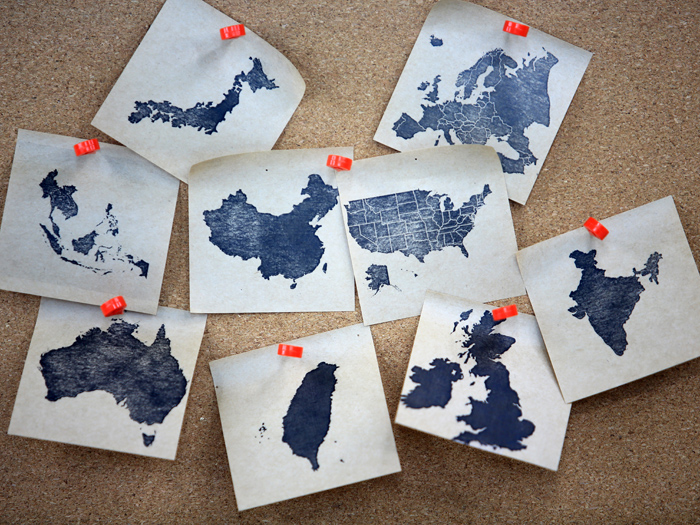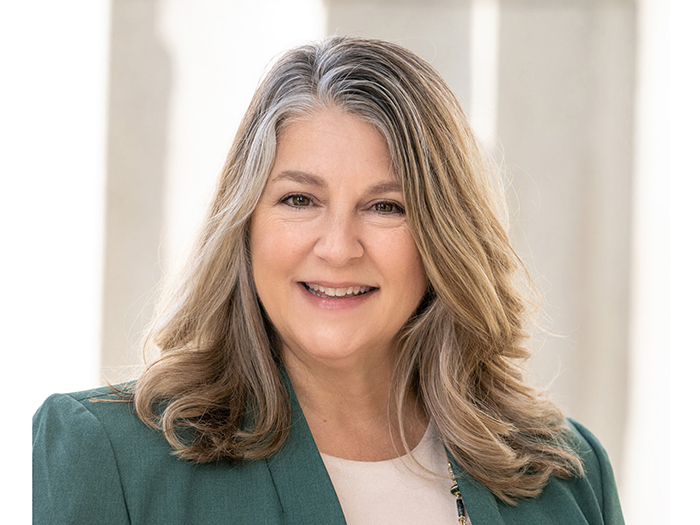This Is No Black Swan: Why We Must Address COVID-19 as the Geopolitical Risk It Is

In the world of risk management, we are often like the captain of the Titanic trying to spot menacing icebergs even as we move forward, full speed ahead.
COVID-19 was an iceberg. The visible portion appeared to be a minor risk. Hidden below the surface lay an ominous catastrophe in the making.
This is the world of geopolitical risk. The term refers to exposures that affect the normal and peaceful course of international relations.
We normally think of geopolitical risk in terms of wars, terrorist acts and tensions between states. COVID-19 broadened the perspective to include omnipresent and complex risks that travel easily across a diverse range of environmental, social and governance issues.
Geopolitical risks are becoming more prevalent and impactful. They emerge from:
- Black Swans: Nassim Taleb defined “Black Swan” events as rare and hidden, highly improbable, and unforeseeable. We cannot develop a response strategy before they occur. 9/11 was one such event.
- Gray Rhinos: Michele Wucker identified “Gray Rhino” as an obvious, highly probable threat that can be seen in advance and thus prepared for, but which is ignored or dismissed.
Using these descriptions, some people consider COVID-19 to be a Black Swan. This is not at all the case.

Jack Hampton, professor of business, St. Peter’s University, core faculty member, the International School of Management
Multiple observers repeatedly identified the likelihood of a global viral infection. Dr. Larry Brilliant, an eminent epidemiologist, has been a long-term voice on the risk. He was awarded the esteemed Ted Prize for his 2006 Ted Talk titled, “My wish: Help me stop pandemics.”
Viral infections and the spread of disease are geopolitical risks in the category of gray rhinos. We saw the pandemic possibility. We dismissed it and failed to cooperate with global efforts to respond to it.
Michele Wucker sees part of the problem as leaders who ignore science or alternatively ignore “people who are saying something that you don’t want to hear.” They deny the threat exists or muddle through the problem by ‘kicking the can down the road.’ The virus moved around finding whatever gaps existed in the timing of masks, social distancing, quarantines and travel restrictions.
The pandemic shows us the impact of a failure of coordinated responses to risks that are a combination of domestic and international exposures. We may not foresee Black Swans but we can actually prepare for Gray Rhinos.
Geopolitical risks are challenging because they can be more than either Black Swans or Gray Rhinos. They represent a ‘jungle and rainforest’ of animals either hidden or obvious, improbable or probable, diverse and complex, firm-specific, and also constantly changing.
A major Gray Rhino that comes to mind is climate change.
The captain of the Titanic went down with the ship. Suppose he came back to life and was given command of global geopolitical risk management.

Gregor McQueen, CEO, McQueen Associates LLC
Would he remind us of rising sea levels, more destructive hurricanes and typhoons, floods, wildfires and other severe weather events that are increasing at alarming rates?
Would he encourage the United States to cancel its precipitous withdrawal from the Paris Climate Agreement and work with nations around the world in a coordinated effort to reduce 75 million tons of carbon dioxide released into the air every day from cars and other sources?
Would he mock risk management suggestions such as putting a price on carbon, strengthening climate risk disclosure, and conducting stress tests to contain carbon emissions in a rapidly warming world?
Maybe he would have learned nothing from the tragic sinking of the Titanic. Or would he take Dr. Brilliant’s advice that “you cannot cure or prevent what you don’t know is there.” Maybe he’d now recognize that being able to see the iceberg is critical. It is why identification of geopolitical risks is so important if we are to mitigate them.
Are we in the same boat today? &










